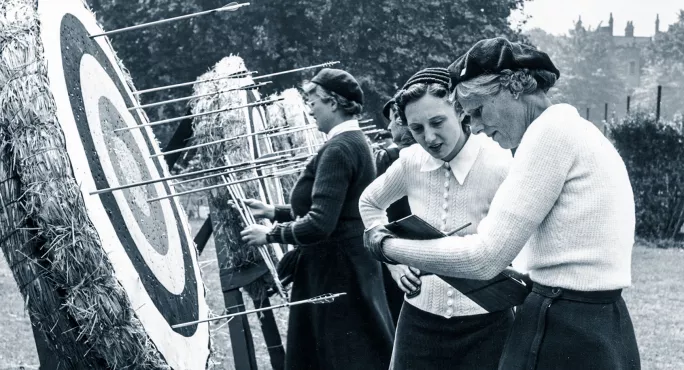Amid all of the commentary about union ballots, you’d be forgiven for missing the news that a cross-party parliamentary group has launched an inquiry into the case for reforming school assessments, including GCSEs and SATs. With a general election now looming, we can only hope that this group will generate some common-sense policy recommendations that either main political party might adopt in impending manifestos.
Having been in the system for over 20 years now as a teacher, headteacher and MAT leader, I can probably cite parenthood as the most powerful influence on my current views on this topic.
As a teacher, I got sucked into seeing the world of assessment through the lens of my subject, with very little awareness of the cumulative workload or assessment demands on my pupils.
As a headteacher, I became more aware and attempted to mitigate this through a series of intervention programmes, extending the school day, pupil-support programmes and myriad other strategies school leaders introduce to deal with the consequences of our relentless exam system.
As a parent, I can now see what this is doing to our children - and for what gain?
The case against GCSEs in their current form
Because the bottom line is that international data shows that having more exams does not equate to better PISA (Programme for International Student Assessment) scores per se, nor does not lead to faster economic growth. And there is no proven link to indicate it drives higher employment.
Schools have moved forward a great deal in recent years in our work on curriculum, but this has been with the continued shadow of the sword of Damocles hanging over the end of the Year 11 exam period.
The average Year 11 student studies around nine subjects (which means around 20 exams in total on average). Why so many, some ask? A broad and balanced curriculum is the response. Others cite Progress 8 and performance-table calculations based on a set menu of subjects. Schools that are not “filling the buckets” face negative P8 scores and being shamed on published performance tables.
Changing the exams system
Perhaps I’m stating the obvious, but do we really need exams in everything we learn? Could it not be possible to look at systems such as in the US where the SAT is a test of maths, reading and writing, while other subjects are graded by the school? The purpose of the test appears simple: to assess readiness for the next stage of learning.
Is it too much to ask to move towards a system that reduces the burden of exams on our children and reduces the assessment workload of our teachers, but also invests trust and confidence in the professional judgement of teachers across the broader curriculum?
What is the worst that will happen? Would we really stop teaching critical knowledge because there is no longer a test at the end?
As a parent, I can see that my children typically enjoy learning. Introduce an exam, though, and the excitement and curiosity quickly wane to be replaced with anxiety and fear.
Let’s measure what we value, not value what we measure.
Tom Campbell is CEO of E-ACT




